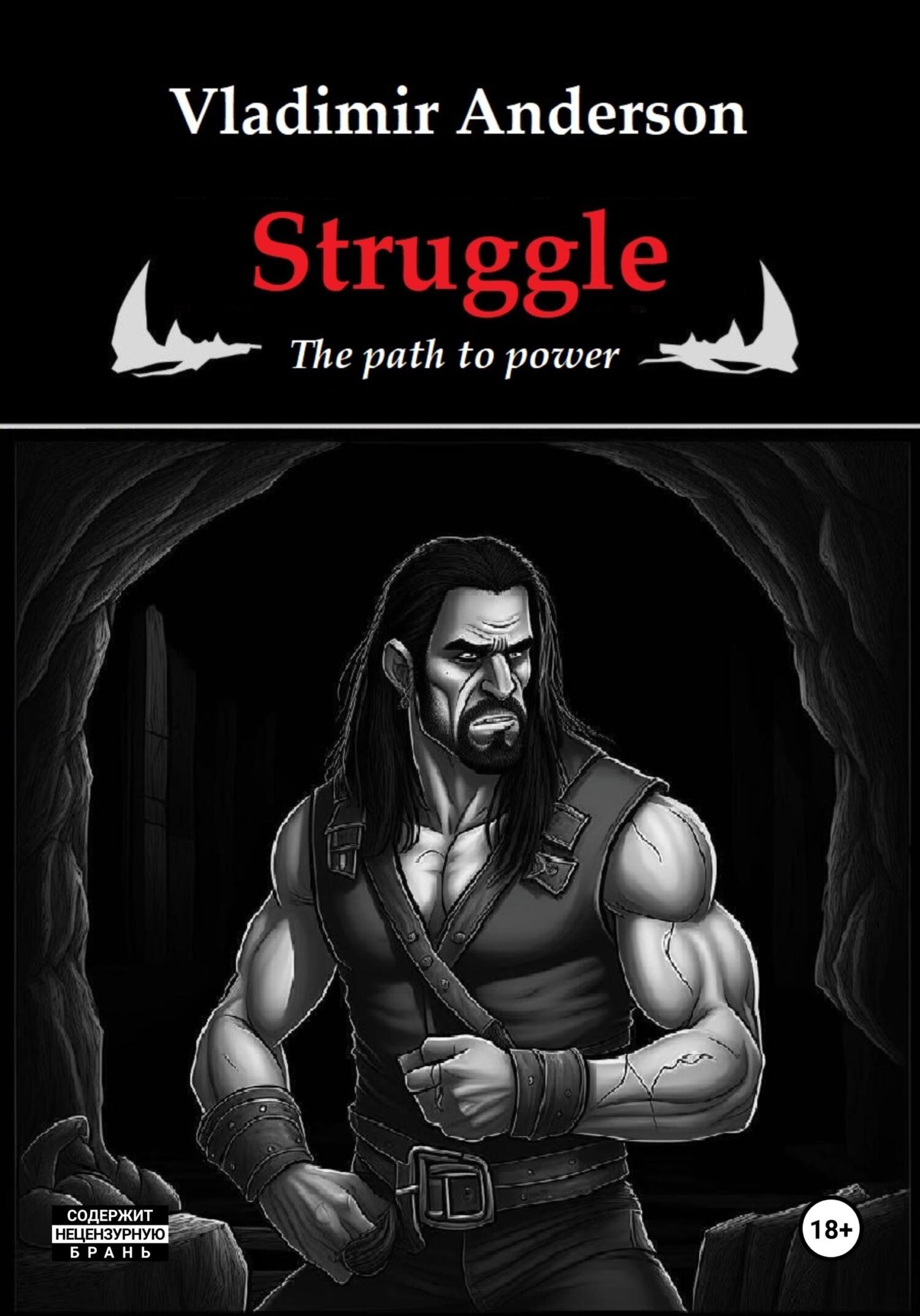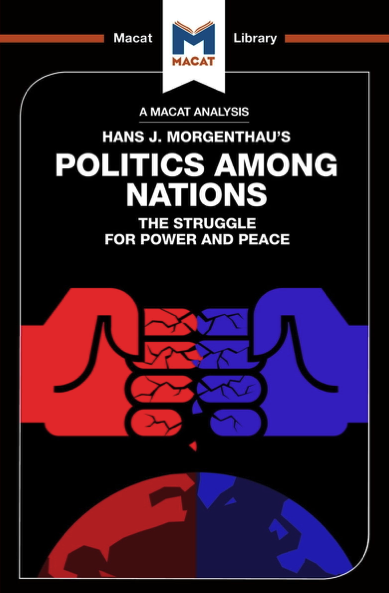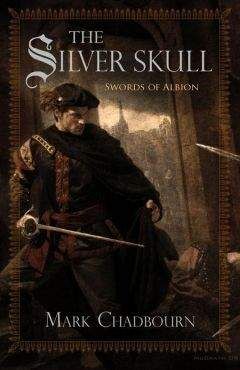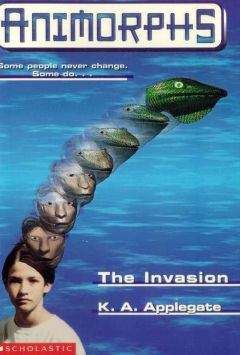how hard they try. Problems can, but sins can't. Only the Church can do that. And now their leader Nevroh wants more than ever. If you press the right thing at the right time, there will be nothing left of SCK.
— What do you mean?
— You hit them pretty good at Luhansk. No matter what they say to each other, it's a serious loss for both the SCK and the imperial army. And Nevrokh used it very well. He made it look like it was a punishment from the Black Stone for those who didn't follow their code of Silan-Zhah. That such losses would be impossible if their souls were pure. That it was the Black Stone's way of ridding itself of heresy. A heresy that is unacceptable to the Empire. Believe me, Silan-Jah is more powerful than any argument the CCC can make. And they know it very well… These problems have changed the formation of the whole column, and to cover themselves, the local chief of the SCK, Zakinhr, has transferred power to the people in one of the mines. So that neither the Church nor especially the Inquisition could get in. After all, there was no reason to purge people of heresy… Neither the administration nor the Imperial Army understood what the move was about, but they were okay with it. And this is just the beginning. Zakinhr wants to extend this experiment not just to one sector of the Deez, but to the entire convoy. He's sure that the prefect Gora will be his obedient puppet. Where can he go… Believe me, soon the entire column will be under the leadership of
Gora, who is at the beck and call of the SCK. There will be no Inquisition here, no confrontation with SCK. And then you will realize what opportunities you have missed… Instead of the SCK and the Inquisition eating each other, you will get new hives, more serious than the previous ones. And you'll have no one to fight for… Except yourselves.
Bolotnikov finished another cigarette and looked at his interlocutor's face. Yes, exactly the interlocutor, not the prisoner. One could only hear such things from a conversation, not during an interrogation. What he was about to learn was as important as it was difficult. Soon the one who had been their loyal friend, the one who had seemed the most important link on the road to victory, would turn out to be their most dangerous enemy.
Masha had that dream again. She was standing in the middle of a field, and there were two big armies standing around her, facing each other. And the two commanders of those armies were bargaining with each other for her. It was pouring rain and thunder and lightning, and sometimes it was as bright as day.
She was looking at the details, the way the two men were discussing something, standing in front of their troops. And the one in the light-colored garb was acting a little nervous. It was obvious that he needed to bargain for something now. As if it was something personal, important to him.
Masha began to stare harder into his face, trying to recognize something familiar, and finally she saw in him the face of Raphael, her dead husband.
They wrote some numbers on pieces of paper and then showed them to each other alternately. And it didn't really look like any kind of betting, but more like showing their right to it.
Raphael stepped aside and wrote a word on a new sheet of paper. In the darkness she couldn't see what it was, but she could see that it was one word, and that it wasn't a number like before. For a moment it seemed to Masha that it was a name.
In the next movement Raphael drew a knife from his sinus and, cutting himself on the thumb of his hand, applied it to this paper just on the edge of the word.
And then Masha saw the word that was written: "Natalya". Rafael was no longer bargaining for his wife. He was bargaining for another woman.
In the dream, Natasha was in the same forest as last time. There was thunder and lightning in the distance. The thunderous cries echoed from the sky, delayed in reaching her ears.
Still the two haggled with each other. And she had no doubt that her name was there. She didn't even want to see what was going on. Now she was looking at everything around her: different warriors in completely different clothes and armor, with swords, spears, maces, and types of cold weapons she had never even imagined. Even swords, seemingly standard medieval weapons, were of sophisticated shapes and forms: curved in waves along their length, with a longitudinal hole in the middle, with teeth near the hilt, or with stones in the hilt itself. An ocean of variety in armor, clothing, and weapons.
And they all had the exact same eyes. The eyes weren't even distinguishable between the different opposing sides. The same glassy stare that gave nothing away. The kind of gaze that is frozen in eternity along with something greater, moving with its own life. As if there is no difference for them: to live or to die, to win or to lose. As if they only care about moving in the direction where this something greater awaits them.
And then she seemed to realize that there was something unified in everything around her. She couldn't quite put her finger on what it was, but the feeling that it was there and that it was one thing seemed to take over her mind.
At that moment, the two warriors who had been haggling over her began passing scrolls to each other. And on each of them she saw the sacred image of the Black Stone that the plagues worshipped and drew their





